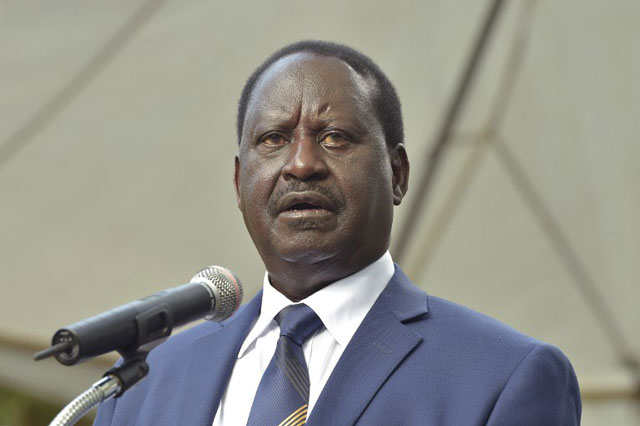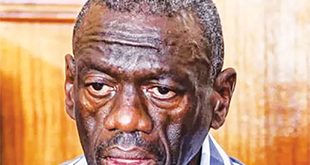
Why Kenya’s opposition resistance movement could be important for democracy
COMMENT | SEKOU TOURE OTONDI | In his last address at Uhuru Park on the eve of Kenya’s October 26 election re-run, Raila Odinga announced the creation of what he called a National Resistance Movement. In a later interview with CNN, he clarified that the movement was a new wing of the opposition coalition, the National Super Alliance (NASA) which he led into the presidential elections in early August.
He said the resistance movement would complement the other arms of the opposition coalition and would pursue a peaceful, non-violent struggle. Its main objective would be to advance electoral justice in Kenya and across Africa as well.
His latest public address was expected to provide a radical way forward. But it fell short of expectations among his supporters who expected a more radical announcement. In addition to the resistance movement, Odinga also created a “People’s Parliament” to protect election integrity, constitutionalism, democracy and the rule of law.
Odinga’s immediate aim remains to force a credible election in the next 90 days. To achieve this, the opposition alliance is seeking a total overhaul of the Independent Electoral and Boundaries Commission.
These moves come at a time when opposition leaders feel that the international community, led by the US and European Union, are either reluctant to push for reforms. Many believe that they are conspiring with the Jubliee regime to protect their own business, security, and diplomatic interests in the region.
The developments spearheaded by Odinga are, in my opinion, good for Kenya’s democracy. By constituting a People’s Assembly, NASA is seeking to put citizens at the centre of the struggle for electoral reforms, constitutionalism, and the expansion of democratisation.
Undemocratic behaviour
The Jubilee administration, buoyed by an overwhelming majority in both houses of parliament, appears to be trying to roll back Kenya’s democratic gains. The fact that the party is also in control of the executive makes matters worse.
This is exemplified by its forceful passage of the controversial bill to amend the electoral process in the middle of the election cycle. Parliamentarians pressed ahead with the bill despite being cautioned against doing so by a wide section of Kenyan society and the international community. Some parts of the bill seem well-intentioned. But others, such as the provisions that prioritise manual voting mechanisms over the current electronic system, don’t augur well for the country.
The Jubilee regime has also embarked on a crackdown of civil society organisations deemed to be sympathetic to the opposition coalition. These include the Kenya Human Rights commission and Africog, a governance and public ethics non-governmental organisation.
In addition, members of the party are openly calling for a “benevolent dictatorship” in Kenya. This call was first made by the Jubilee Party vice-chairman David Murathe.
Benevolent dictatorships – which operate on the basis that certain democratic rights need to be ceded for economic gain – are cited as the reason for the economic rise of countries such as China and Singapore. But the same may not necessarily be true for Kenya. Under the one party dictatorships of former presidents Jomo Kenyatta and Daniel arap Moi, Kenya’s economy was stunted. In Africa the countries that have made economic progress such as Botswana, Namibia, and Mauritius are some of the most democratic.
 The Independent Uganda: You get the Truth we Pay the Price
The Independent Uganda: You get the Truth we Pay the Price


